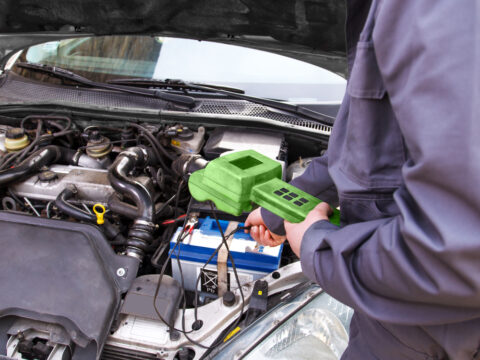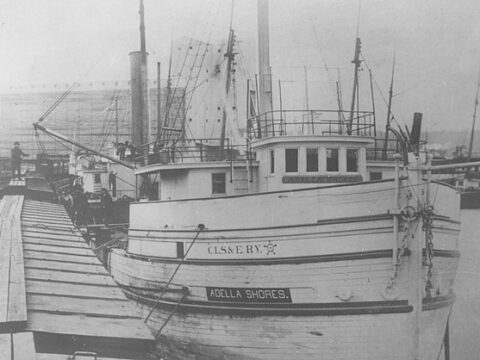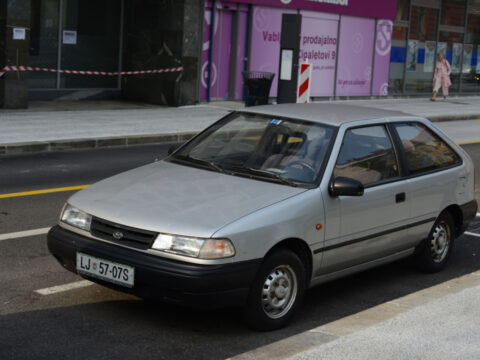Engine failures can be a nightmare for any car brand, especially when they happen on a large scale. Some of the most reputable automakers have seen their reputations take a hit due to engines that simply didn’t live up to expectations. In this article, we’ll explore 17 infamous engine failures that left a lasting mark on their brands, reminding us that even the best can sometimes go wrong.
Contents
Ford Pinto (1971-1980)
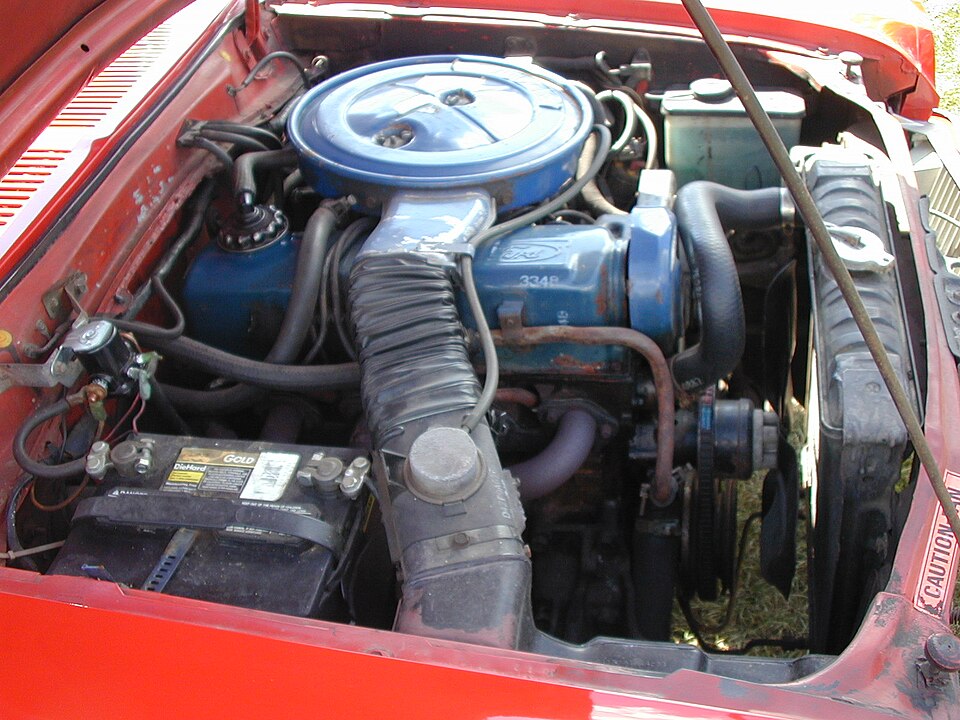
While the Pinto is most notorious for its dangerous fuel tank design, its engine also contributed to its bad reputation. The Pinto’s 1.6L and 2.0L engines often suffered from poor reliability, including overheating and frequent mechanical failures. These issues, coupled with the fuel tank controversy, hurt Ford’s reputation and made the Pinto one of the most infamous cars in automotive history.
Toyota 3.0 V6 (Mid-2000s)
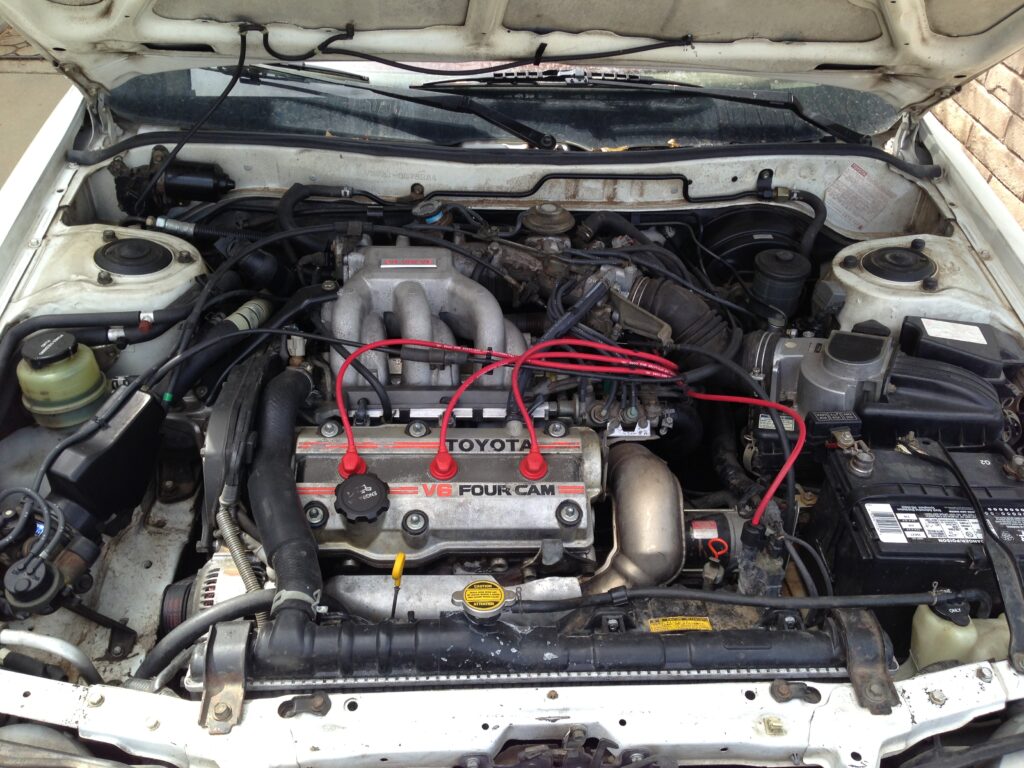
Known for its sludge buildup, Toyota’s 3.0L V6 engine suffered from oil gelling problems, which caused engines to seize or fail entirely. This affected popular models like the Camry and Highlander, damaging Toyota’s otherwise stellar reputation for reliability.
Mazda RX-8 Rotary Engine (2003-2012)
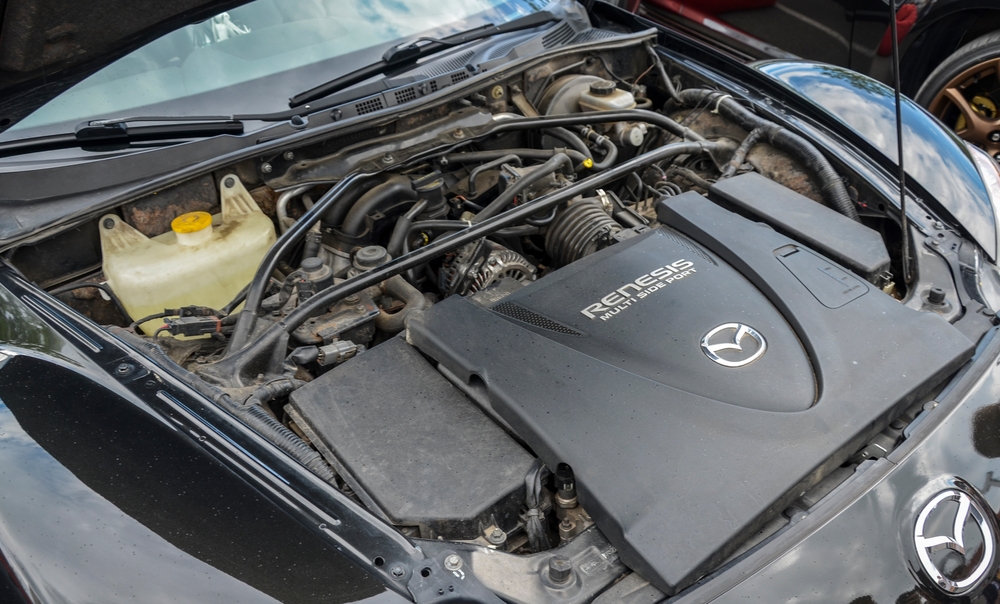
Mazda’s rotary engine in the RX-8 was unique but notoriously unreliable. The Wankel engine suffered from excessive oil consumption and early engine wear, leading to frequent engine failures. This harmed Mazda’s standing and led to a short-lived production run for the RX-8.
Subaru EJ25 Engine (1996-2010)
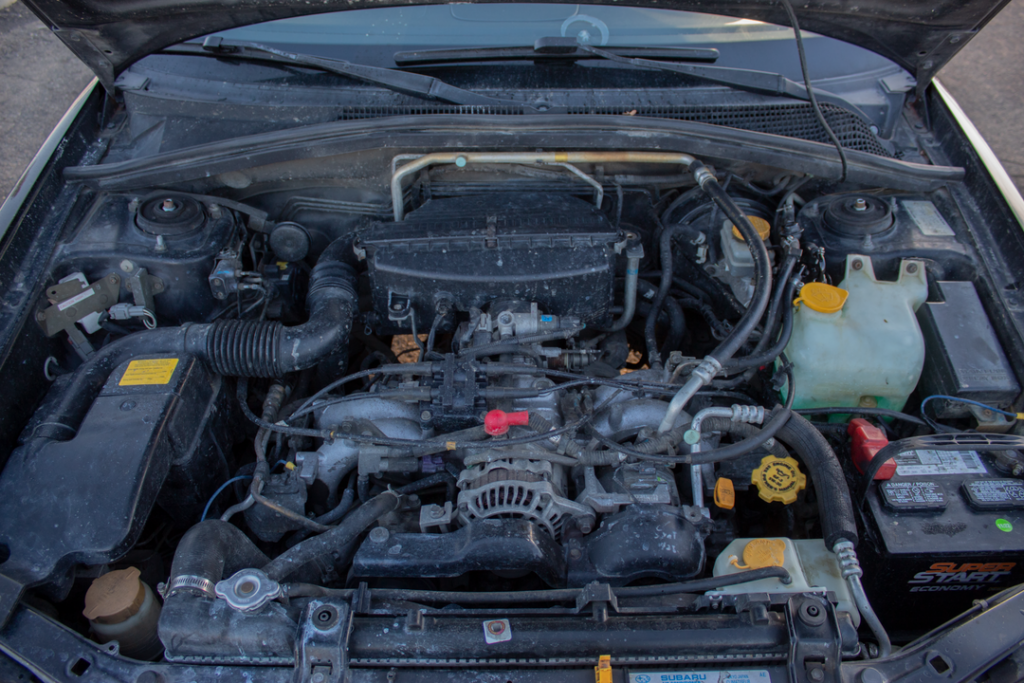
Subaru’s EJ25 engine had a widespread issue with head gasket failure, leading to overheating and coolant leaks. Found in popular models like the Outback and Forester, this problem impacted Subaru’s reputation for dependability and caused frustration among loyal customers.
Chrysler 2.7L V6 (1998-2010)
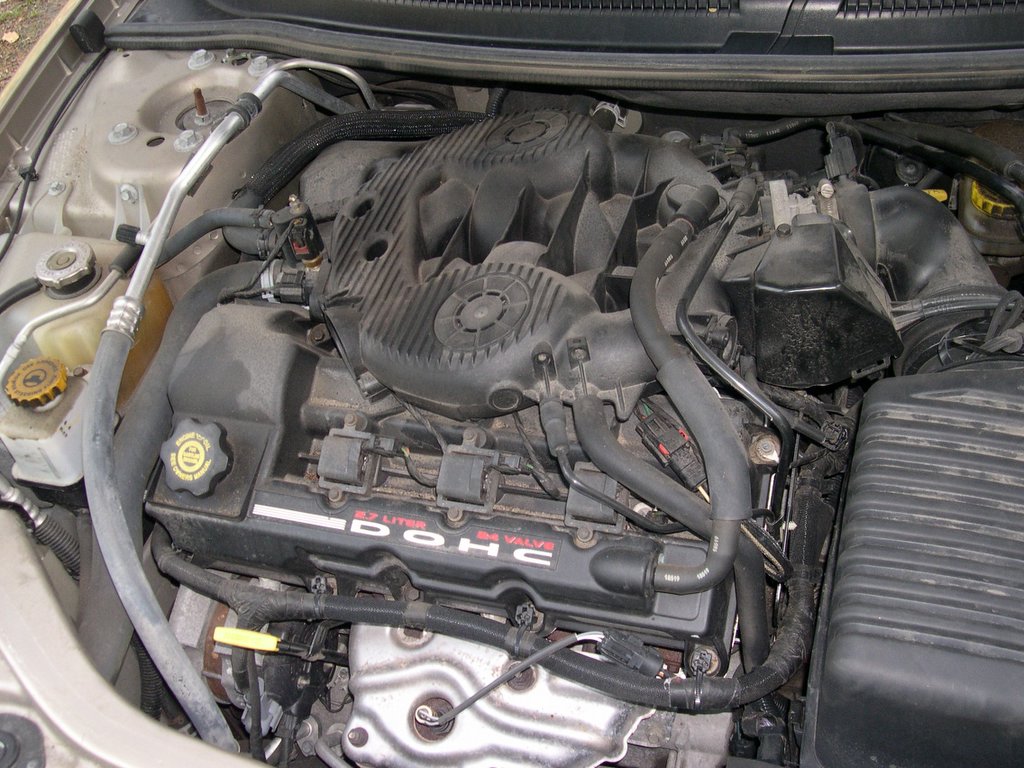
The Chrysler 2.7L V6 was infamous for engine sludge buildup that led to catastrophic failures. This engine was widely used in models like the Dodge Intrepid and Chrysler Sebring, and its poor durability and performance hurt Chrysler’s brand reliability.
Jaguar AJ-V8 (1997-2000s)
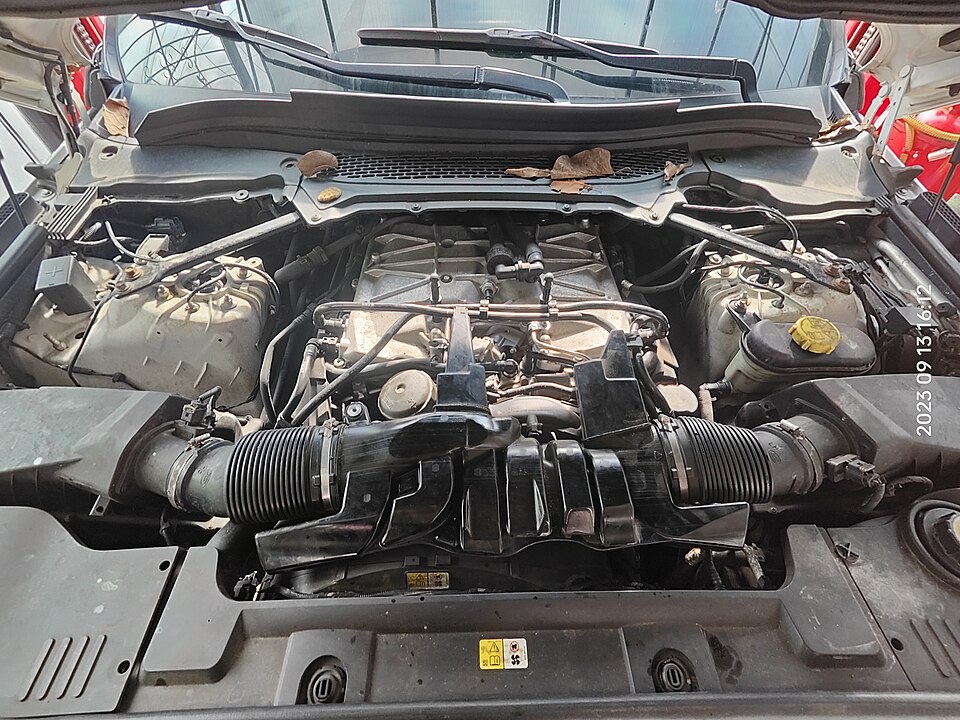
Jaguar’s AJ-V8 engine, used in models like the XJ8 and S-Type, was plagued by timing chain tensioner failures. These failures often resulted in catastrophic engine damage, causing Jaguar to lose credibility as a luxury brand known for high performance and durability.
Honda V6 VCM (2008-Present)
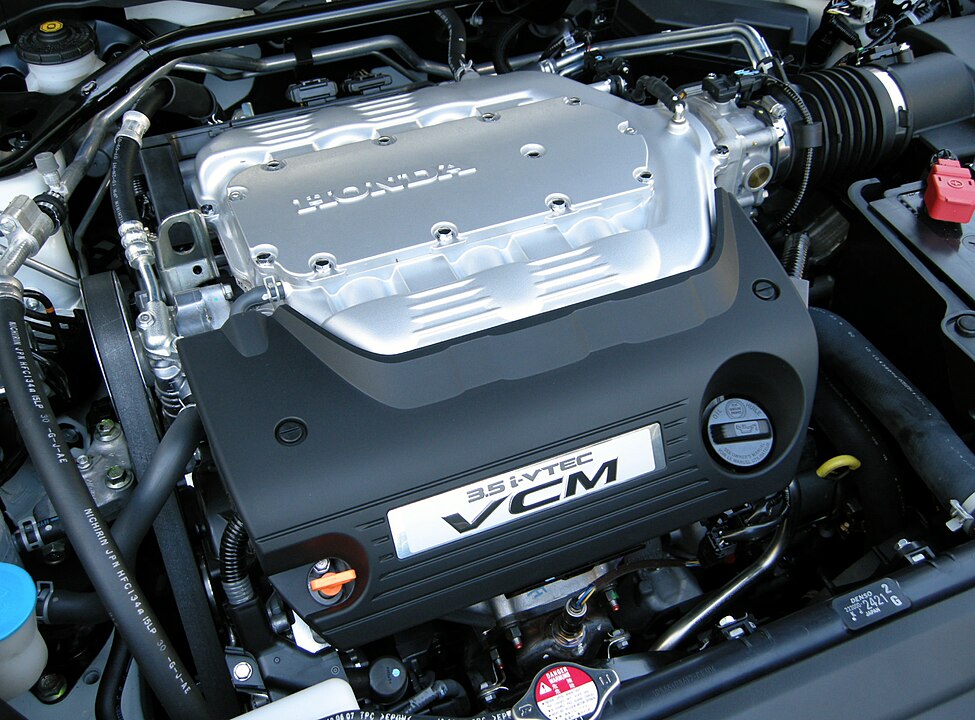
Honda’s V6 engine with Variable Cylinder Management (VCM) had issues with excessive oil consumption and engine misfires. These problems hurt Honda’s image for reliability, especially in models like the Accord and Odyssey, which were known for their dependability prior to this engine.
Dodge 2.7L V6 (1998-2010)
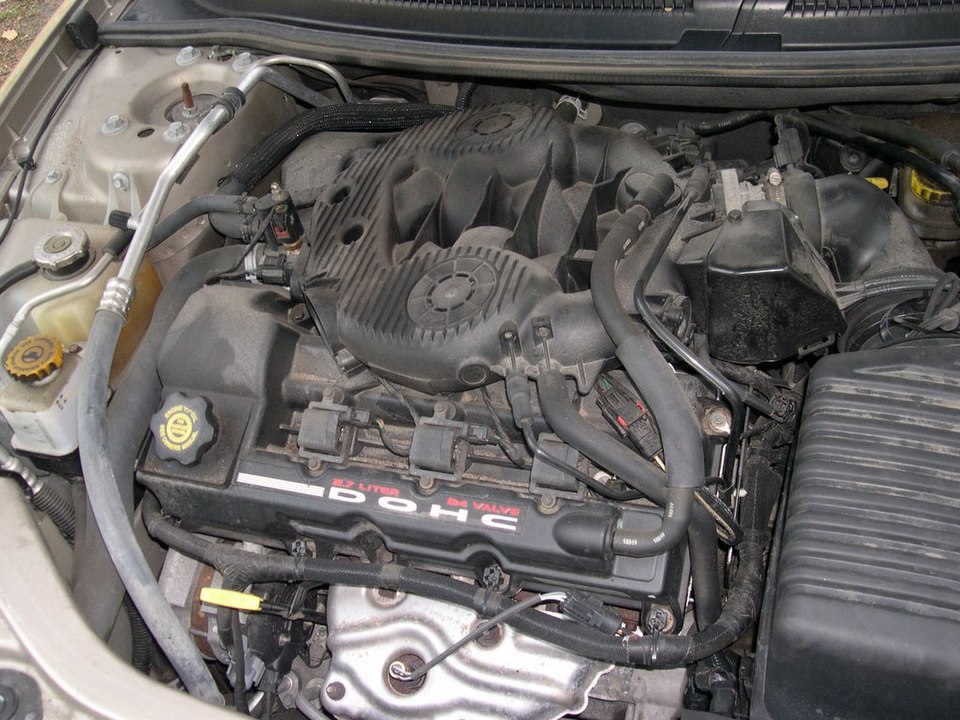
The Dodge 2.7L V6, used in cars like the Dodge Charger and Chrysler 300, was notorious for engine sludge buildup, leading to early engine failure. This issue eroded consumer trust in Chrysler’s quality and contributed to long-term damage to the brand.
BMW M54 (2000-2006)
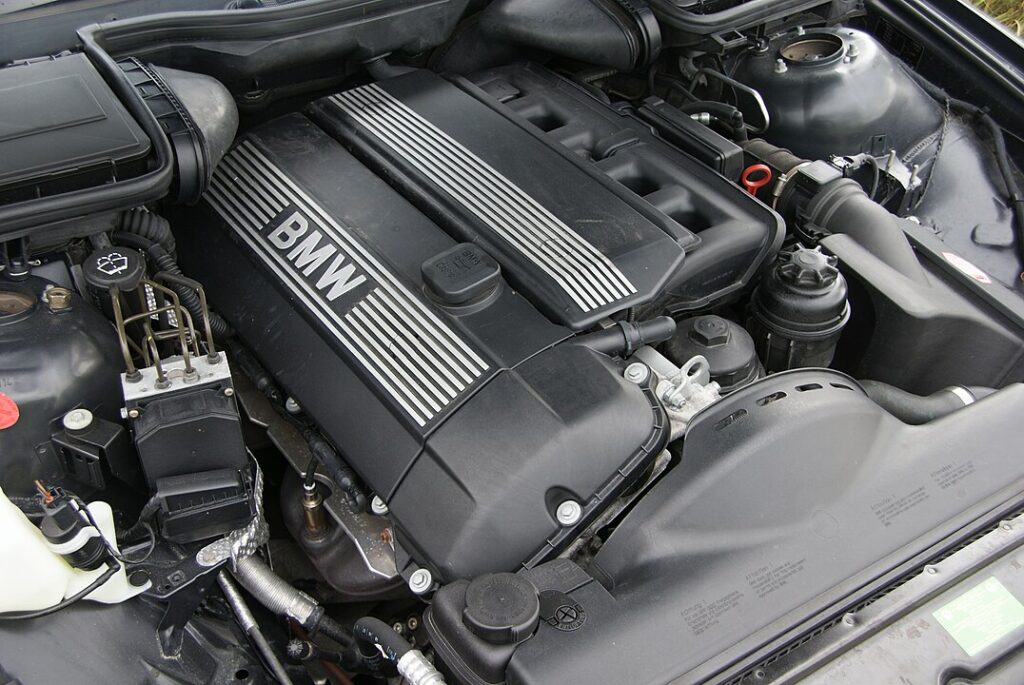
The BMW M54 straight-six engine was praised for its performance, but it suffered from cooling system failures and oil leaks, particularly from the valve cover and oil filter housing. These issues tarnished BMW’s reputation for building durable and reliable performance engines.
Toyota 2.4L 2AZ-FE (2002-2009)
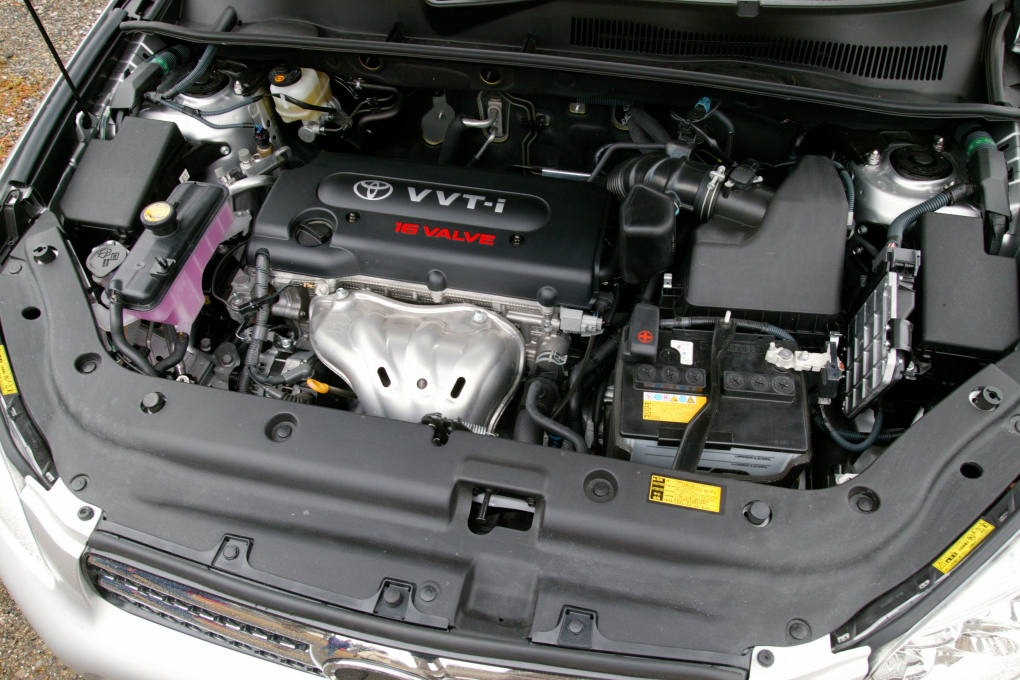
This engine was widely used in Toyota’s midsize vehicles like the Camry and RAV4 but was prone to excessive oil consumption and head gasket failure. These problems caused Toyota’s reputation for bulletproof reliability to take a hit during the mid-2000s.
Ford 3.5L EcoBoost (2010-Present)
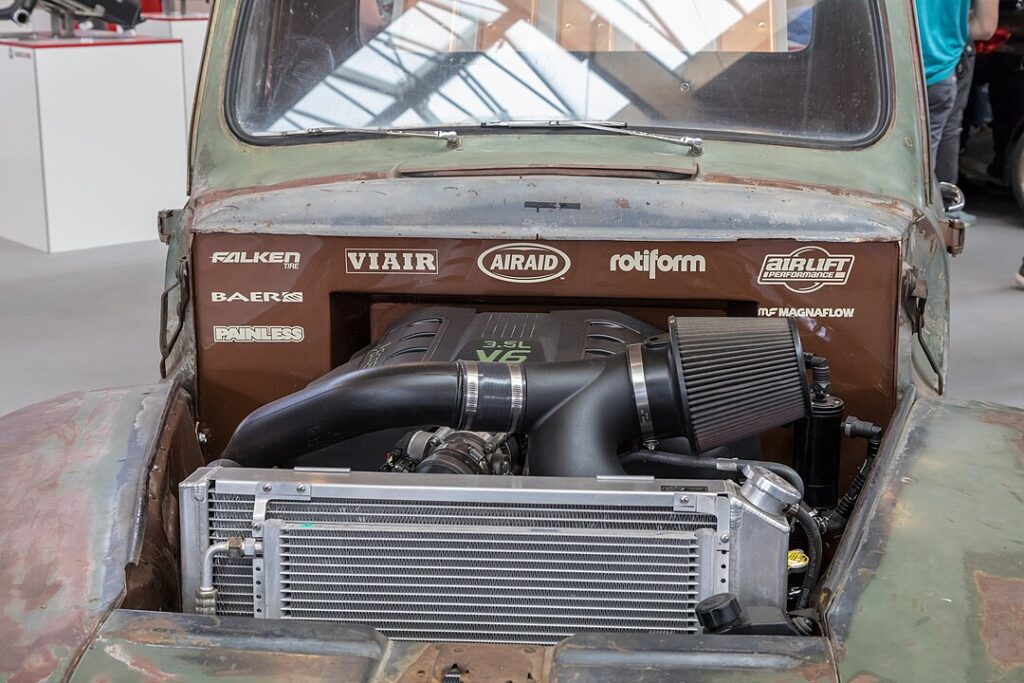
Ford’s 3.5L EcoBoost engine, used in its popular F-150 truck, experienced issues with carbon buildup on intake valves and turbocharger failures. These problems led to costly repairs and impacted Ford’s reputation for building tough and reliable trucks.
Nissan QR25DE (2002-Present)
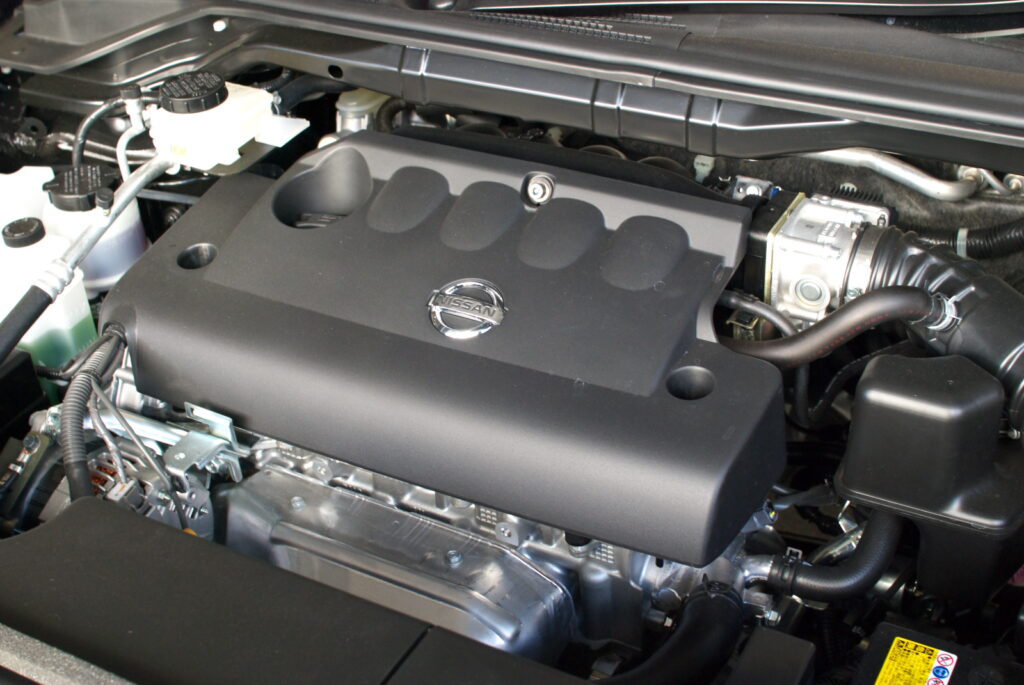
The Nissan QR25DE engine, used in models like the Altima and Sentra, suffered from pre-cat failures, where catalytic converter material would be sucked into the engine, causing severe damage. This affected Nissan’s reputation for reliability and longevity.
Mercedes-Benz M272 (2004-2015)
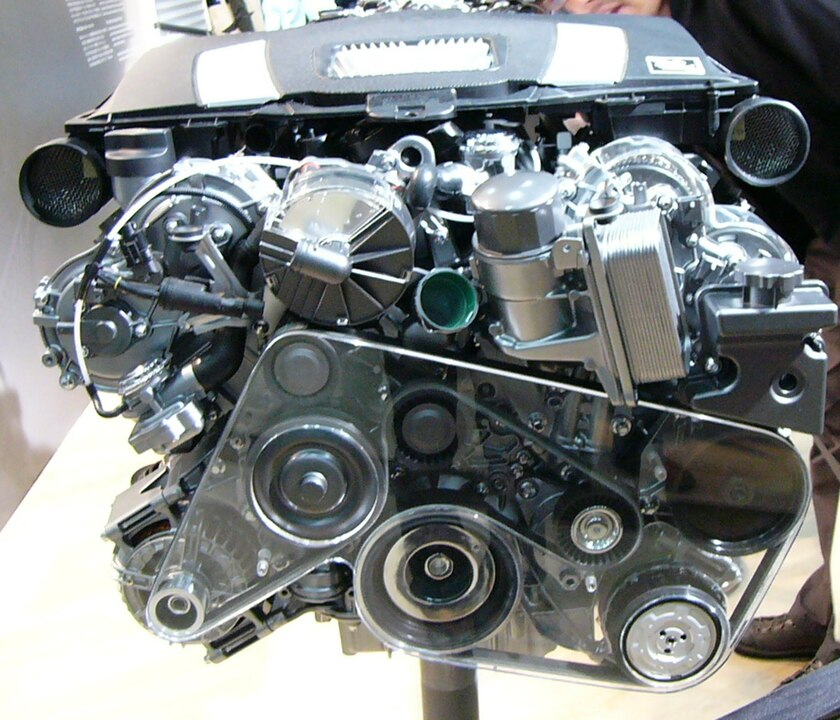
The M272 V6 engine was plagued with timing chain balance shaft problems, which often resulted in expensive repairs or total engine failure. These issues hurt Mercedes-Benz’s image for building reliable and long-lasting luxury vehicles.
Hyundai Theta II 2.0/2.4 (2011-Present)
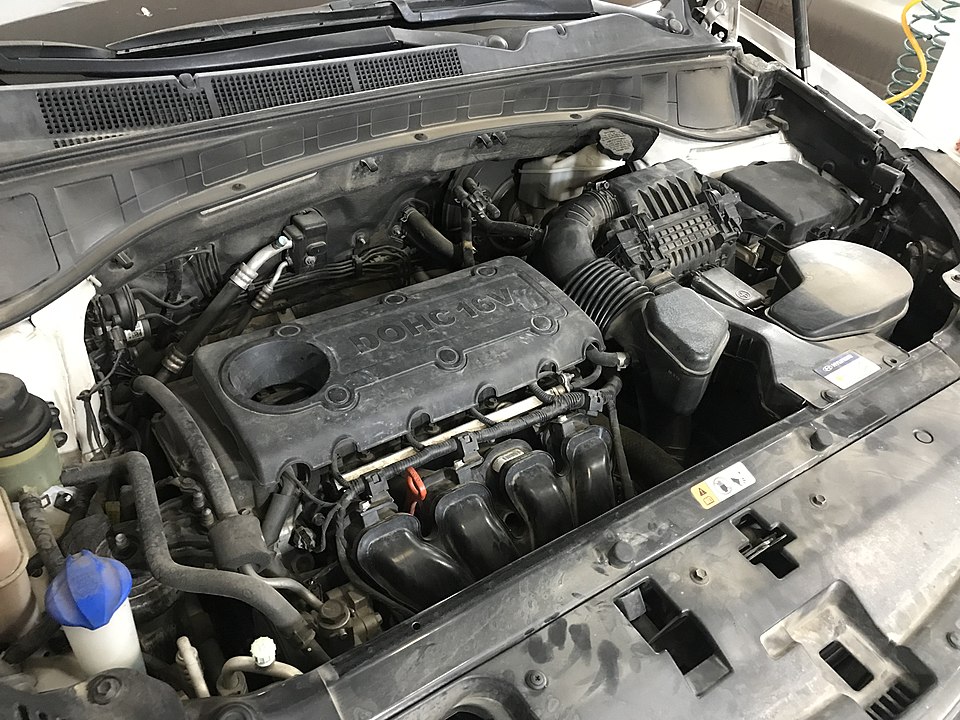
Hyundai’s Theta II engine was notorious for knocking sounds and premature bearing wear, leading to massive recalls and legal action. The engine defects undermined Hyundai’s growing reputation for quality and reliability, especially as they marketed themselves as a budget-friendly alternative.
Volkswagen TDI Diesel (2009-2015)
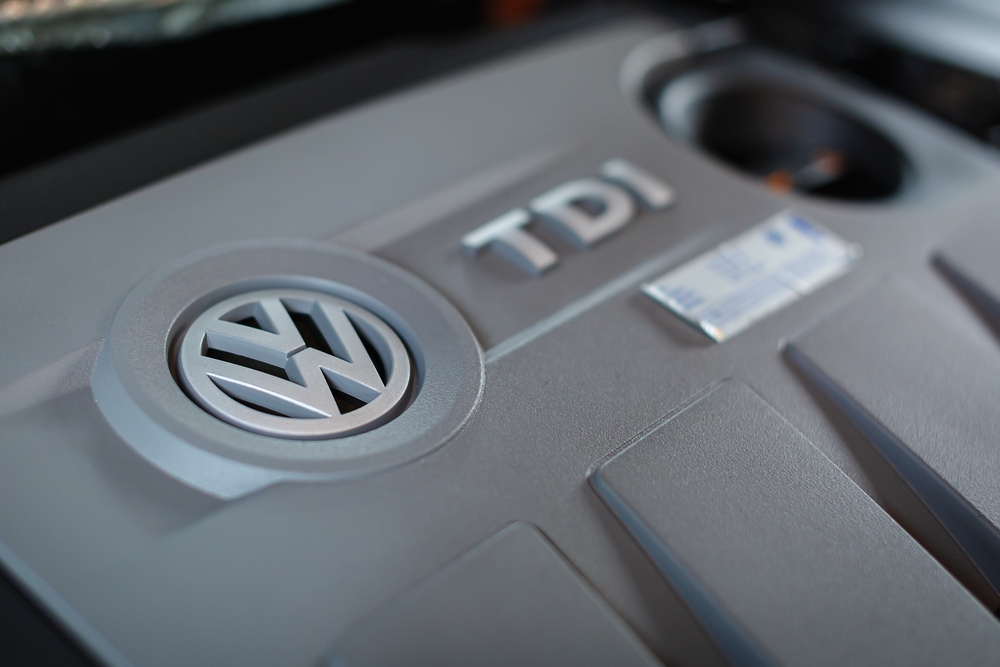
In addition to the emissions scandal, Volkswagen’s TDI diesel engines had turbocharger failures and DPF (Diesel Particulate Filter) problems. These mechanical issues, combined with the emissions fraud, further damaged Volkswagen’s once-strong reputation for reliable diesel engines.
Volvo B8444S V8 (2005-2010)
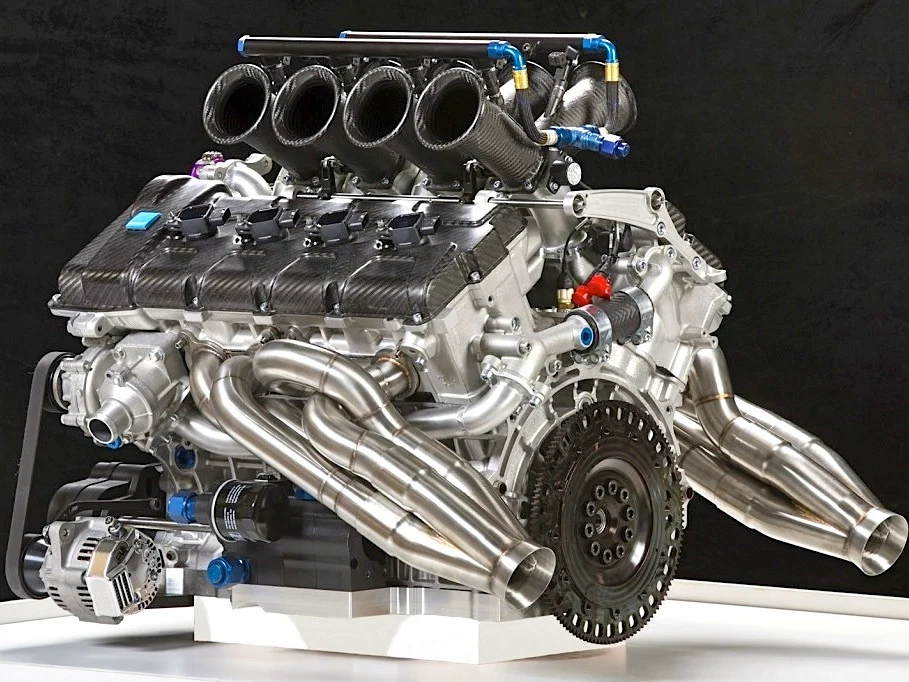
Volvo’s B8444S V8, designed by Yamaha, suffered from improper block design, leading to engine block cracking. This issue caused widespread reliability problems for Volvo’s SUV lineup, hurting the brand’s reputation for safety and durability.
Saab B205/B235 (1998-2010)
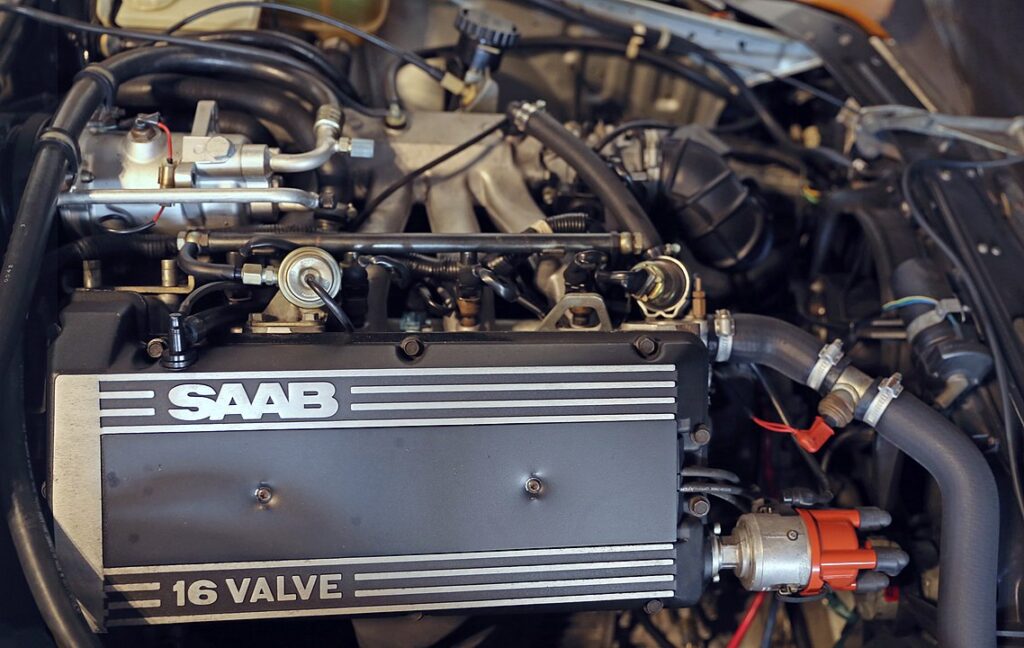
Saab’s turbocharged B205 and B235 engines suffered from oil sludge buildup, leading to frequent engine failures. This problem, alongside Saab’s financial struggles, contributed to the brand’s eventual demise.
This article originally appeared in MyCarMakesNoise.
More from MyCarMakesNoise
20 Underrated Ford Muscle Cars That Deserve the Spotlight

Ford has produced many iconic muscle cars, but not all have received the love and recognition they deserve. Some models, despite their impressive performance and unique features, remain underappreciated. Read More
21 1980s Cars That True Gearheads Still Celebrate
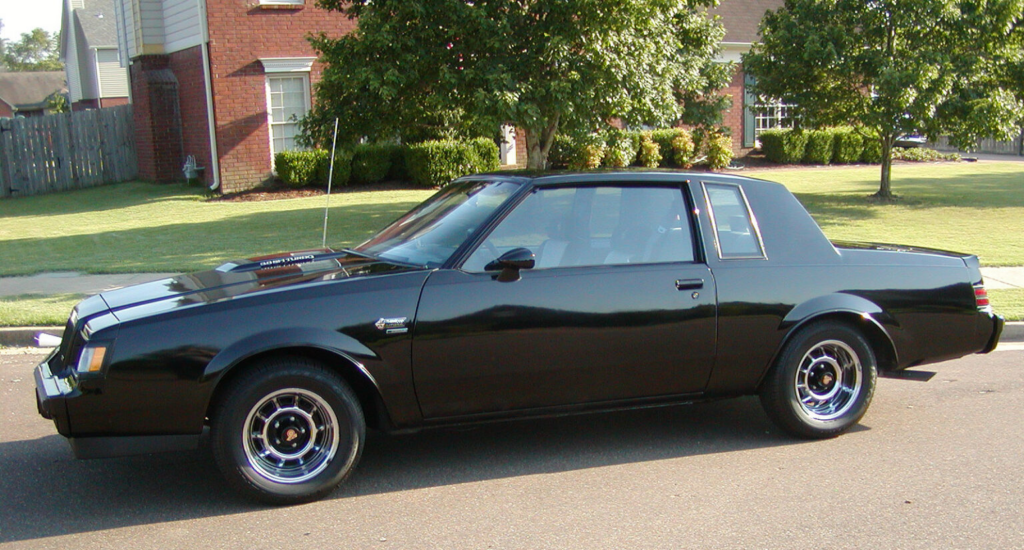
The 1980s produced some distinctive and memorable cars that only true gearheads can appreciate. These vehicles, often overlooked by the general public, stand out for their unique designs, innovative technology, and performance. Read More
Top 12 Mistakes with Classic Car Restoration

Restoring a classic car is a labor of love that requires a careful balance of passion, skill, and patience. For many enthusiasts, bringing an old vehicle back to life is more than just a project; it’s a journey that reconnects them with automotive history and the craftsmanship of a bygone era. Read More


